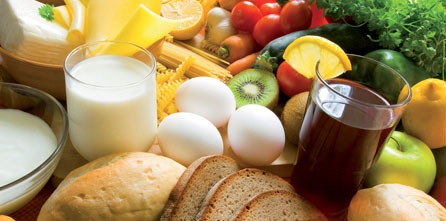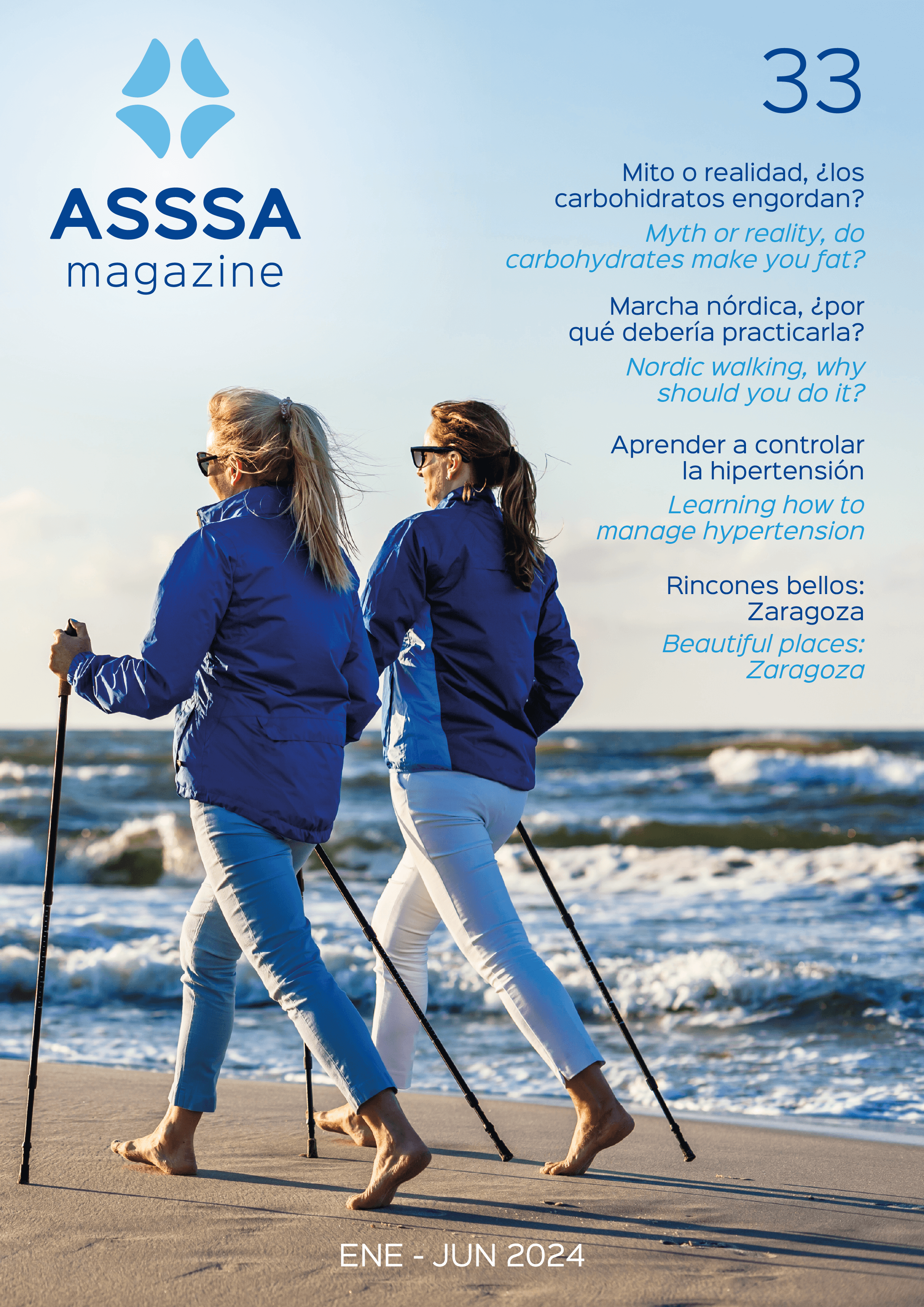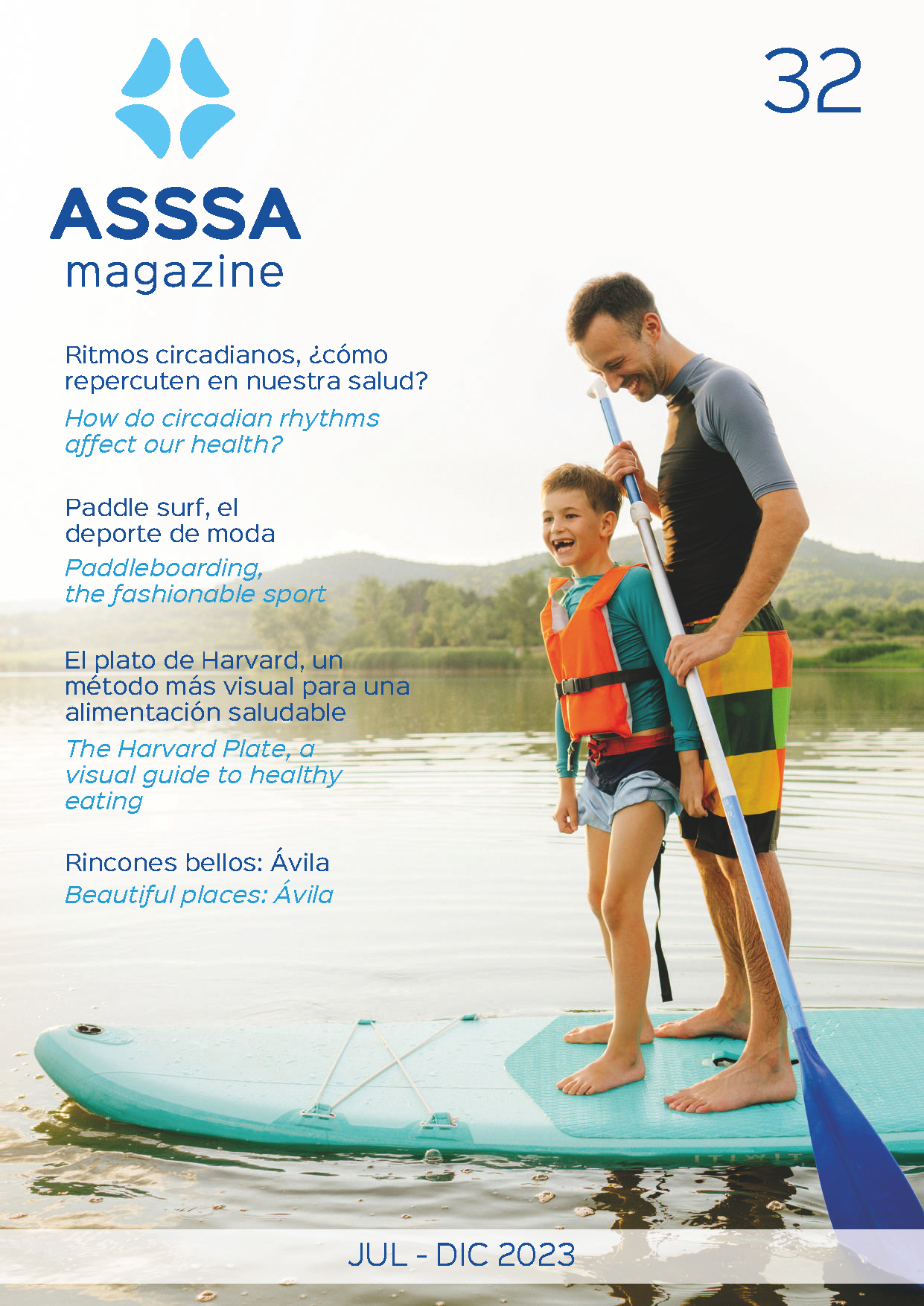
What are processed meats?
They are all products derived from the transformation of meat by salting, curing, fermenting, smoking or other methods, in order to enhance their flavour and/or preservation. Some examples of processed meat are very popular foods in our culinary culture, including cured ham, cured pork sausage meat, chorizo, plus all kinds of sausages and black puddings. Other less traditional but very popular examples are cooked ham, chicken or turkey cooked meat, bacon, ready prepared burgers and precooked meals with meat (like lasagne, Bolognese sauce, etc.).
Consuming processed meat is linked to the risk of developing colorectal cancer
In 2015, the International Cancer Research Centre, a World Health Organisation (WHO) body for the study of cancer, published a review that included epidemiological studies carried out over the 20 previous years. Experts came to the conclusion that consuming processed meats can cause cancer.
There is convincing evidence that consuming processed meat is linked with the risk of developing colon cancer.
There is some indication in the case of gastric cancer but no conclusive evidence.
Why is eating processed meat likely to increase the risk of developing colon cancer?
The exact cause is not known. The carcinogenic potential of processed meat is probably the result of a number of contributing factors. The main suspect is nitrosamines, formed when nitrites or nitrates added to these products as a preserving agent react with amide compounds in the meat. Plus, in the process of heating the meat, other types of carcinogenic substances are formed, such as heterocyclic aromatic amines and polycyclic aromatic hydrocarbons. The heme iron content of these meats has also been shown to have a carcinogenic effect.
Are all kinds of processed meat equally dangerous?
Probably not, however, the WHO has stated that, in view of the current status of research, there is still insufficient evidence to be able to say which types of processed meat are linked with a greater or lesser risk of developing cancer. In other words, at present, it is not possible to know whether eating bacon or chorizo is worse, better or the same as eating turkey breast or Ibérico ham cold cuts in terms of their carcinogenic potential.
How much processed meat can you eat without being at risk of developing cancer?
The current status of research on this issue means that no safe level of consumption can be established. A slight increase in the risk of developing cancer is linked with increased intake levels. From the analysis of 10 studies it can be said that a daily intake of a 50g portion of processed meat increases the risk of colorectal cancer by 18%. 50g of processed meat is equivalent to 2 slices of cooked ham, 2 small Frankfurter sausages or half a burger.
Can the rest of your diet influence the risk of developing colorectal cancer?
Yes, the impact on your health of consuming one kind of food cannot be taken in isolation, it has to be seen in the context of your diet as a whole. Eating plant-based foods (fruit, vegetables and fibre in general) is linked with a lower risk of developing colon cancer. In other words, plant-based foods have a protective effect. The same can be said for avoiding becoming overweight and taking physical exercise.
Is it necessary to change current dietary guidelines?
Current dietary guidelines issued by various organisations advise eating plenty of plant-based foods every day and consuming processed meats sparingly. Because of the high fat and salt content of processed meat products, this advice was traditionally given to protect consumers’ heart health. Evidence that this kind of food is also carcinogenic probably means that current guidelines do not need updating. However, it also means that people should actually take notice of this advice.
Eating processed meat occasionally, such as sharing a plate of good quality cured ham with friends on a Saturday night and within the context of a balanced diet and an active lifestyle, can be regarded as perfectly healthy.
D.ª Beatriz Santamaría Jaramillo Dietista – Dietician – Nutritionist Armstrong International Clinic (Madrid)
The information published in this media neither substitutes nor complements in any way the direct supervision of a doctor, his diagnosis or the treatment that he may prescribe. It should also not be used for self-diagnosis.
The exclusive responsibility for the use of this service lies with the reader.
ASSSA advises you to always consult your doctor about any issue concerning your health.












